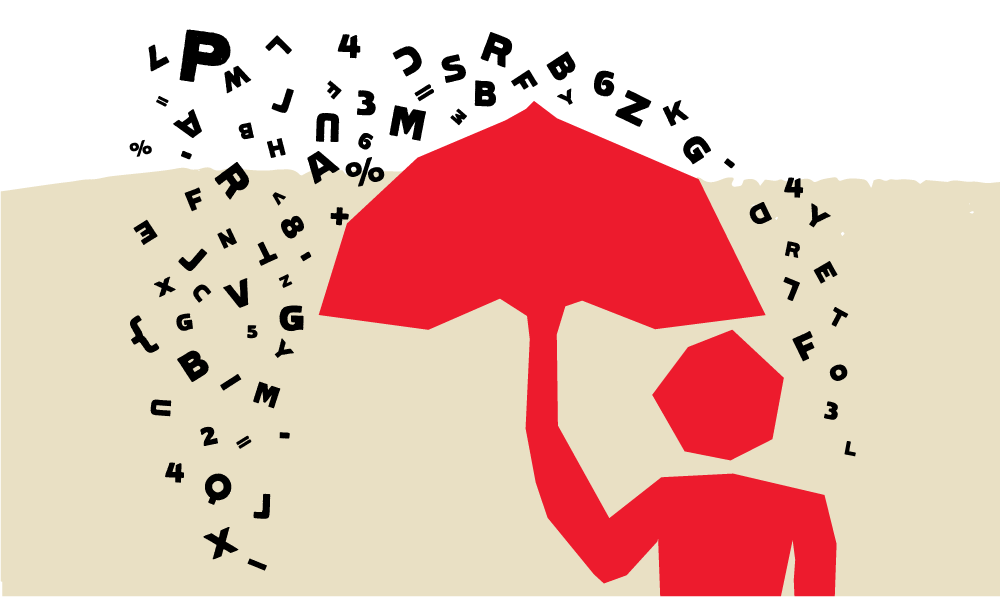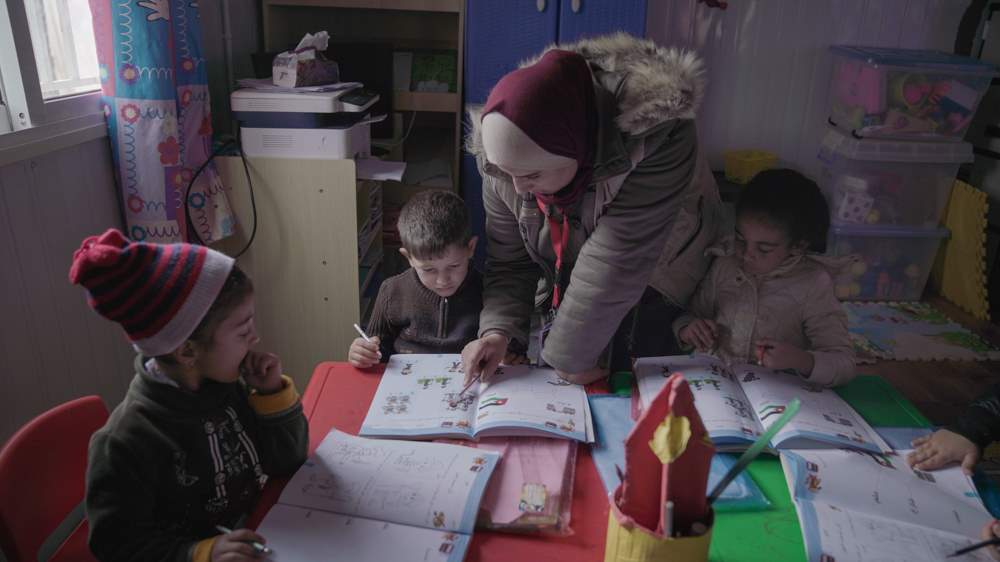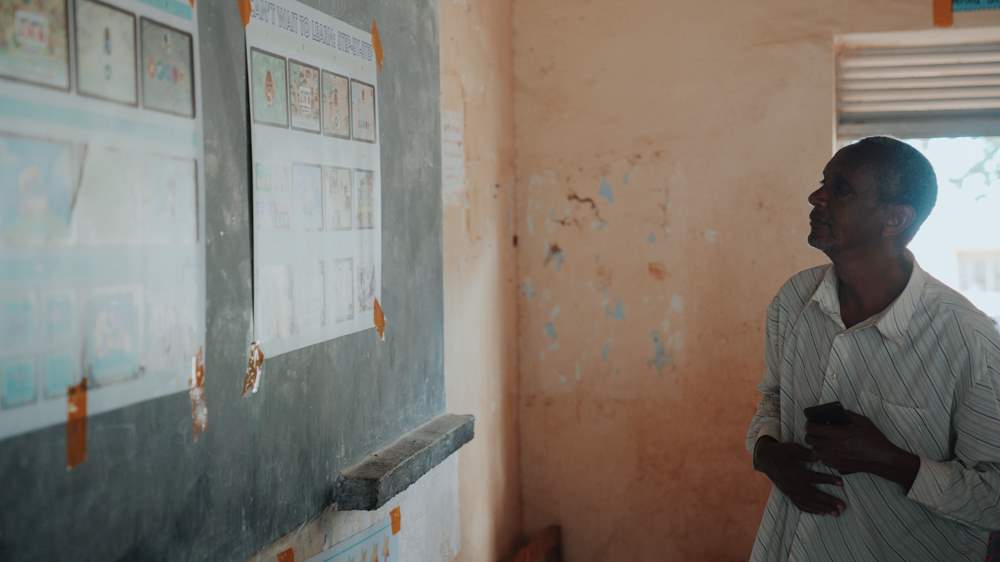Supporting Teachers in War
In war zones, teachers can make the difference between a whole generation surviving or thriving. Not only do they offer children a ticket to a brighter future; they also provide a listening ear and much-needed shoulder to cry on. But just like parents and caregivers, the heavy burden of stress they carry is diminishing their ability to protect and support - let alone teach - a classroom full of children.
Overburdened and under-resourced, and faced with the constant threat of violence, the impact on their wellbeing is immense. Now COVID-19 is thrown into the mix placing greater demands on educators as they take on the challenges of distance learning.
Despite this escalating situation, the stressors teachers in war come up against are rarely addressed. War Child is working to put these important adults back in the spotlight through our CORE for Teachers method...
What is CORE For Teachers?
“CORE recognises the stresses and burnout teachers in war zones face”, says April Coetzee, Teacher and Lead Researcher for the intervention. “Using what we call a whole-school approach, we help them identify what constitutes a good teacher and work towards achieving that.”

“This helps them recognise their own strengths and boosts their mental health and wellbeing. In turn, this leads to more passionate, enabling and quality education environments where children can learn and grow socially and emotionally.”
The intervention takes the form of five two-hour wellbeing workshops and three months of intensive teacher coaching - spread across six modules during regular school hours.

Where Are We At?
Focusing on the countries where the need is greatest, 2021 saw us explore ways to roll out CORE among teachers in Uganda. During the year, the African country marked the longest COVID-19 related school closures in the world. Even when schools did re-open, not all children were able to return due to everything from economic hardship to an increase in teenage pregnancy.
Meanwhile, teachers are buckling under the weight of limited resources and poor working conditions - with parents complaining of substandard quality and an unhealthy learning environment.
By the close of the year, we were delighted to secure funding from the Lego Foundation to conduct a feasibility study with Ugandan refugee communities in 2022.

In countries such as Lebanon the sudden switch to distance learning has also placed additional stressors on teachers - with many working over hours to support children remotely. The year saw us conduct a review on the impact of teachers’ wellbeing on children’s learning and mental health - putting forward a strong case for investment in this area.
For an intervention to grow - or leave the research lab, so to speak - it needs buy-in from the sector. In 2021, CORE was included in the Inter-Agency Network for Education in Emergencies’ (INEE) global mapping as one of the best practices for supporting teachers in conflict-affected settings.
